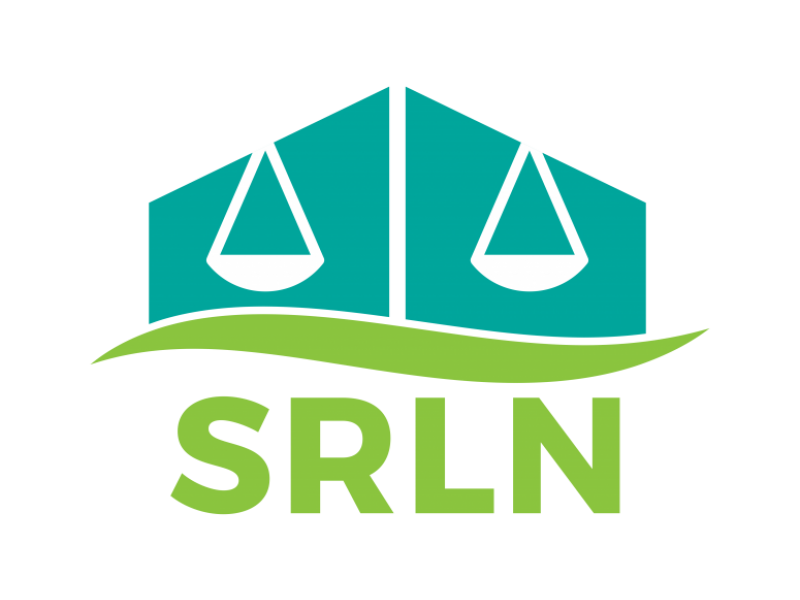
Document Author(s):
Year Published:
Topics:
Region:
Survey: SRLN Library Working Group National Self-Help in Libraries Survey (SRLN 2013)
The Law Librarians’ Working Group of the Self-Represented Litigation Network surveyed law libraries in the summer of 2013 about their services, including self-help programs. The full survey results are available below, as well as maps of the various tiers of service provided throughout the country. The Working Group is re-surveying law libraries in 2019, and will include updated results here when they are available.
Executive Summary
153 libraries from 33 states, Canada and Guam participated. Respondents included state and federal court law libraries, county, state, Supreme Court and academic law libraries, and one prison library. Ninety-nine percent reported that they provide services to self-represented litigants. Many indicated that they partner with the courts, public libraries, and legal aid organizations to provide service to the self-represented. Law libraries reported that they support pro bono attorneys and participate in access to justice commission activities.
Library Reference and General Services:
- traditional and computerized legal research help and referrals to other programs
- e-mail reference, pathfinders, guides, and explanations of the legal process
- legal information websites for self-represented parties
- collections of materials for the non-lawyer
- document delivery of resources in the library by fax, scan, and delivery
- referral sheets to their library
- chat reference
- court forms: forms instructions, forms in plain language, forms in multiple languages, form document assembly programs, assistance with filling out forms, forms creation, writing of form instructions
- public computers with access to the Internet
- e-filing support
- LEP service with books and/or brochures in multiple languages, bi-lingual staff, and provision for either interpreters or access to a language line.
- services to prisoners
Self-Help Centers and Programs:
- legal clinics
- lawyer in the library programs
- mediation programs
- self-help centers: in the law library, in the law library but staffed by another organization, support for self-help centers in another location
- educational services: workshops and webinars
Conclusion
Law libraries provide valuable services to self-represented parties. They provide traditional broad reference and informational services. They provide programs developed for the self-represented litigant such as clinics and self-help centers. They fill gaps in services that can result from other agencies’ intake restrictions, and have resources that are hard to duplicate at other agencies. Even those self-represented parties served directly by a program geared for them can be directed to a local law library for additional services. With the wide and varied array of services to assist the self-represented, law libraries make ideal partners in providing service to self-represented litigants.
Survey of Library SH Programs - Executive Summary & Map
Survey of Library SH Programs - Survey Report
Survey of Library SH Programs - Chart of Services
Survey of Library SH Programs - Full Survey Results
Survey of Library SH Programs - List of Libraries Surveyed